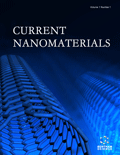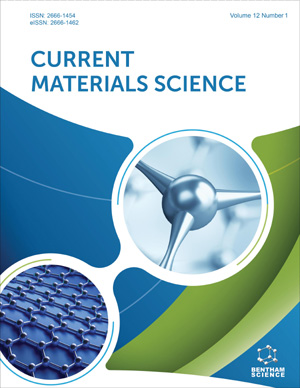Abstract
Background: Psoriasis vulgaris is an autoimmune associated skin disease causing plaques or scales formation where the skin cells form quicker than in their typical life cycle. The phenolic phytoconstituents reported in Nigella sativa are effective for the treatment of skin disorders. Transfersomes is an emerging nanoencapsulation drug delivery approach which can squeeze themselves due to its elastic nature as an intact vesicle across narrow pores. It improves the potency of topical formulations with higher permeation efficiencies compared to other vesicular drug delivery systems.
Objective: This research work focused to prepare Nigella sativa or black seed extract loaded transfersomes as nanoformulation and further incorporating them in the gel system to give improved therapeutic efficacy due to their self-regulating and self-optimizing capabilities.
Methods: The phenolic content of Nigella sativa or black seed was extracted in ethanol and the solvent was removed using a vacuum with suitable storage conditions at 22ºC. Transfersomes of ethanol extract were prepared by thin layer hydration method and further incorporated into gel formulations. The ant-psoriasis activity of prepared gel formulation was performed with histopathology study in the Imiquimod induced albino rat model.
Results: A nanoformulation prepared with 0.85 mg lecithin and 0.10 mg tween 80 has the highest entrapment efficiency. The entrapment efficiency, vesicle size, polydispersity index and zeta potential of optimized transferosomes batch were found to be 69.3 ± 2.6%, 178 ± 11 nm, 1.1 ± 0.2, -29.4 mV, respectively. Anti-psoriatic activity of N. sativa seed extract loaded transfersomes showed a more significant reduction in thickness of the epidermis and less elongation of rete ridges with capillary loop dilation as compared to conventional gel formulation.
Conclusion: We concluded that the Nigella sativa seed ethanolic extract loaded transfersomes gel formulation showed significant ant-psoriasis activity in an albino rat model.























